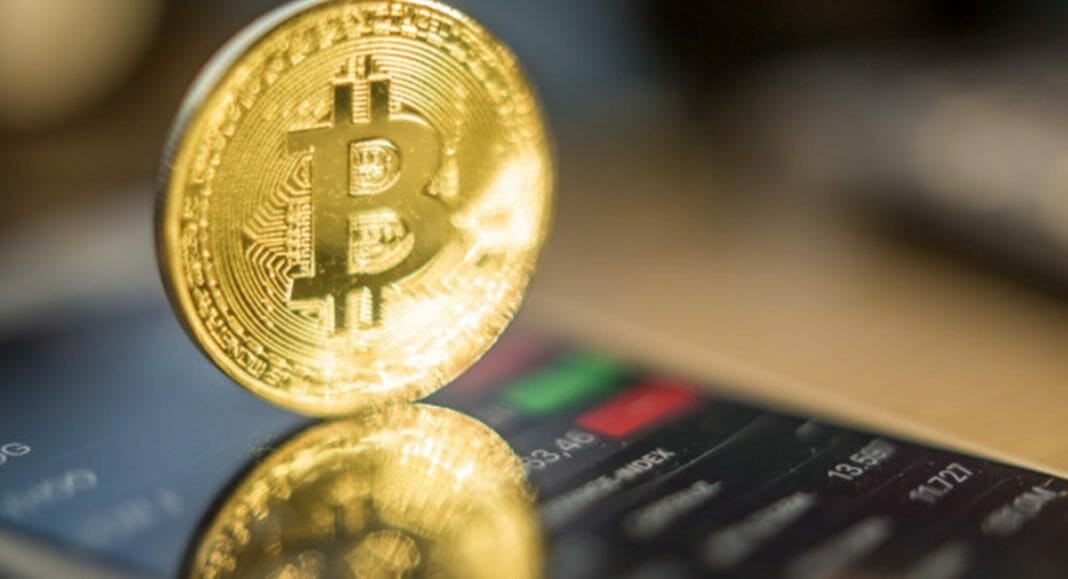Russia would legalize mining but would ban the receipt of rewards. The use of cryptocurrencies would be limited to inheritances, bankruptcies, and judicial executions.
About a month ago, Russian President Vladimir Putin gave the go-ahead to the Digital Financial Assets (DFA) law. Now there could be a potential reform that would legalize Bitcoin mining but would ban the incentives that miners receive for their activity.
A proposal to amend the law that the Finance Ministry made would ban all cryptocurrency transactions. Their use would be limited to three areas: inheritances, operations related to bankruptcies, and judicial executions.
According to local media, the reform intends to legalize Bitcoin mining. However, miners would not have permission to receive remuneration, since they would risk fines of up to 100,000 rubles (RUB) (corresponding to USD 1,300) and a seven-year prison sentence. In the case of legal persons, the penalty would amount to RUB 1 million (corresponding to USD 13,000).
Dmitry Sakharov, CEO of the Moscow Digital School, commented that the situation is difficult, and it is unclear how miners would receive the incentives. “Experts may try to develop some interesting legal structures, but all of them will involve significant risks if the application of administrative (fines) and criminal (prison) liability occurs.”
The intention to modify the recently approved law is contradictory since the incentives that miners receive are what keeps cryptocurrency mining afloat. The prohibition on the direct payment of incentives creates uncertainty since no one knows the mechanism that would compensate for the work that miners do to maintain the network.
Enthusiasts Mine While Russia Keeps Bitcoins
Attorney Anton Babenko noted that it would be “difficult to say how the rules that allow the use of mining equipment in Russia [also] prohibit the receipt of payment in digital currency.”
In this sense, it is possible to speculate a scenario in which miners continue to develop their work (those who accept it), but the reward bitcoins go to wallets that the government controls. The authorities would theoretically receive the funds, deduct taxes, distribute the rewards, and encourage the activity in the country.
The problem could arise if they do not present guarantees of transparency in the allocation of resources, which would generate corruption. Furthermore, the government would not have to transfer the bitcoins either, since they could decide to send fiat money instead of cryptocurrencies.
Interestingly, Jakhon Khabilov, head of the Sigmapool mining consortium, noted that only the smallest mining farms in Russia accept payment in cryptocurrencies. The largest ones receive payment in fiat currency through bank transfers.
According to Cambridge University records, Russia is the third country in the world with the highest processing power on the Bitcoin network, with almost 7% of the hash rate. China (with 65%) and the United States (with 7.2%) follow the Russian Federation.
The regulations that Russia is applying to Bitcoin and cryptocurrencies, in general, are creating further confusion. The country recognizes Bitcoin legally but maintains bans on its use as a payment method.
The government classifies it as an investment mechanism that is only accessible to qualified operators under the provisions that the central bank issues.
By Willmen Blanco











